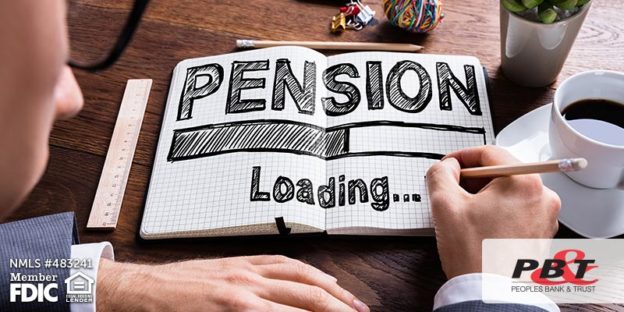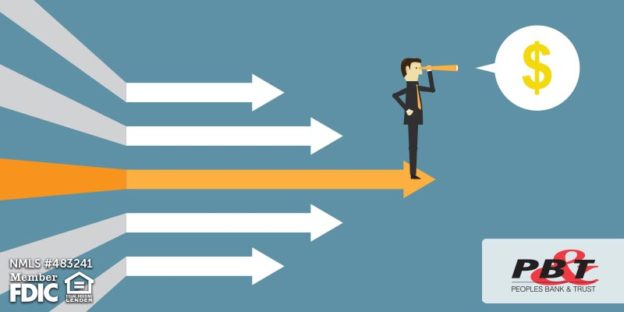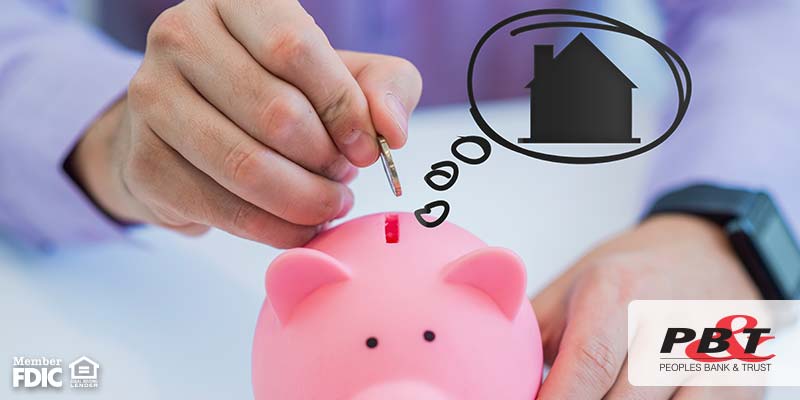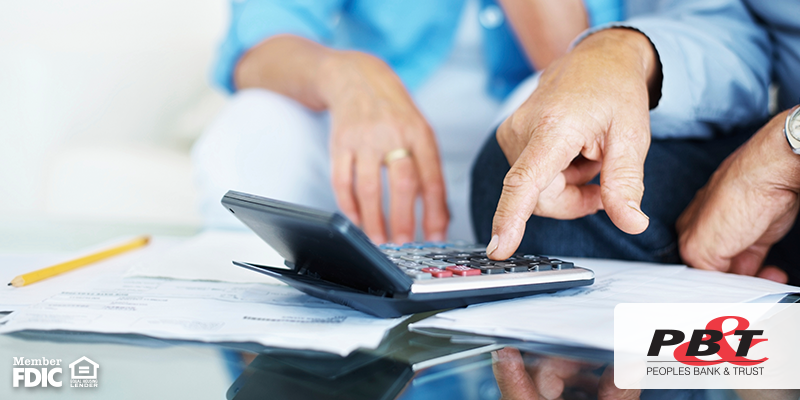As you begin to write your to-do list of cleaning your home this spring, it’s time to add another section to your list: finances. You wouldn’t believe how helpful it is to do a deep cleaning of your finances every spring. It can contribute to increased feelings of determination and confidence in all areas of your life. Here are the 4 best cleaning moves to add to your list!
Review Your Debt
Unfortunately, too many people try to turn away from realizing their total amount of debt. If you have gotten into a bad habit of spending more money than you can you can truly afford, it’s time to come to terms with the reality of what you owe. Going through the numbers of credit card and student loan debt can be a shock. However, it’s important to know your numbers so that you know what you have to work with. You can’t conquer your debt if you never face it!
Dust Off Your Budget
It’s normal to drift away from your budget. This may mean your budget just wasn’t working for you. Review what your original budget contained and think about what worked and how you can improve upon it now. Can you do better with your savings? A great trick that can help is to automate your savings. Decide on a percentage and have that taken portion automatically transferred to your savings account.
Go Green
This one can hit two birds with one stone. Are you still saving your paper bank statements? Clean out your home by shredding these important documents and set up an online banking account. Another option would be to simply make copies of your papers and upload them to a cloud drive. You should save your tax documents for no more than seven years. Most everything you’ve received by paper you can get with an online banking account. This will keep your information secure and your house clean.
Spot Check Your Credit
Your credit score can be checked without penalty one time from each of the three credit reporting agencies for free. This is important to not only know what you owe but to go through the report with a fine-tooth comb. Mistakes can happen on your credit report and why let that hold you back financially when all it would take is a quick check?
With these simple cleaning tips, you can go into this spring feeling refreshed and responsible. Spring clean your finances by seeing what products we can offer to help!
Peoples Bank & Trust Co.
Member FDIC
Equal Housing Lender











